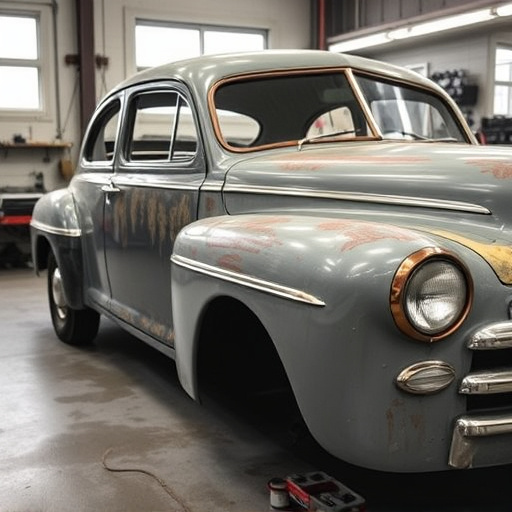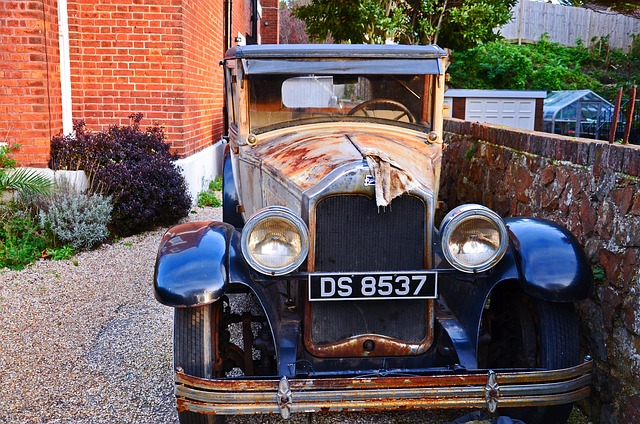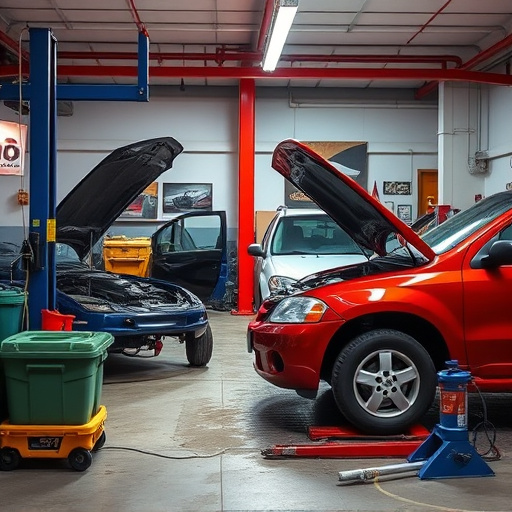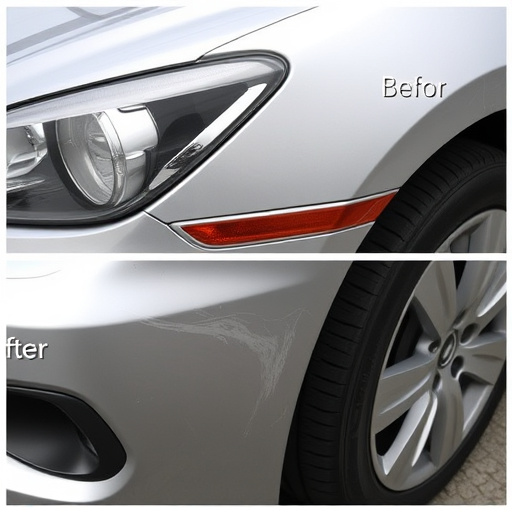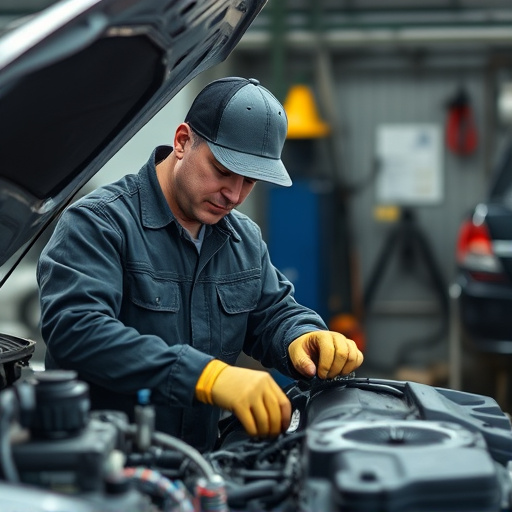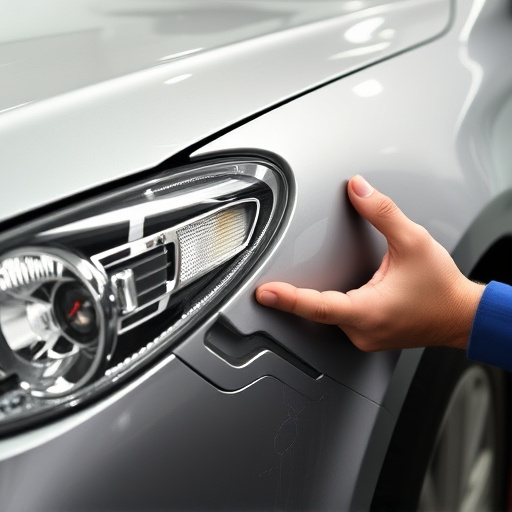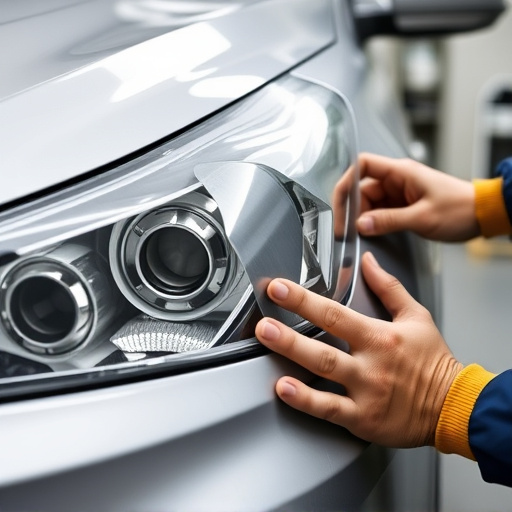Understanding collision repair insurance rights and processes is crucial for filing claims without issues. Keep detailed records of communications and expenses, especially for seemingly denied claims like scratch repairs. Verify preferred network providers to streamline the claims process. Upon denial, review reasons, ensure documentation aligns with guidelines, and persistently appeal using clear communication and relevant documents.
When your vehicle sustains damage in a collision, you expect a smooth process with your collision repair insurance. However, claims denials can be frustrating and confusing. This article guides you through understanding your rights, identifying common reasons for denied claims, and navigating the appeal process effectively. By knowing what to expect and how to advocate for yourself, you can ensure a fair outcome in the event of a collision repair insurance dispute.
- Understanding Your Collision Repair Insurance Rights
- Common Reasons for Denied Claims
- Navigating The Appeal Process Effectively
Understanding Your Collision Repair Insurance Rights

When dealing with a denied claim from your collision repair insurance, understanding your rights is crucial. Collision repair insurance is designed to cover the costs associated with fixing your vehicle after an accident, ensuring that drivers can safely return their cars to the road. Familiarize yourself with your policy’s terms and conditions to know what repairs are covered. For instance, if you own a Mercedes Benz, ensure your collision repair insurance includes specific coverage for luxury car models like yours.
Moreover, be aware of the process to file a claim and the documentation required. Keep records of all communications with your insurance provider and maintain receipts for any out-of-pocket expenses incurred during the repair process. If you believe a scratch repair, for instance, should be covered but was denied, review your policy to understand the criteria for such claims. Fleet repair services also fall under collision insurance coverage, ensuring business continuity for companies with large vehicle fleets.
Common Reasons for Denied Claims
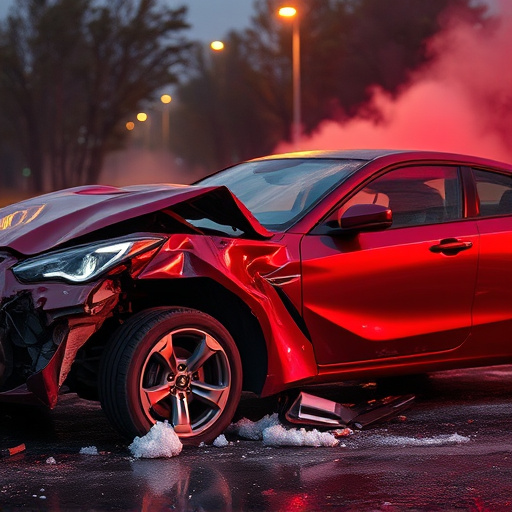
When a claim is denied by collision repair insurance, it can be frustrating for policyholders who are looking to cover the costs of necessary repairs. Understanding common reasons behind these denials is crucial for navigating the claims process effectively. One of the primary factors is inaccurate or incomplete information provided during the initial claim submission. This includes misrepresenting the extent of damage or omitting certain details about the incident. Insurance companies rely on accurate data to assess liability and determine coverage, so any discrepancies can lead to delays or rejections.
Another frequent reason for denied claims is failure to use a network provider or approved collision repair center. Many insurance policies have pre-negotiated agreements with specific auto repair services, known as in-network providers. Using an out-of-network shop without prior approval may result in the claim being declined. Policyholders should always verify their preferred network of collision repair centers to ensure a smoother claims process and faster coverage for their repairs at a reputable collision repair shop.
Navigating The Appeal Process Effectively
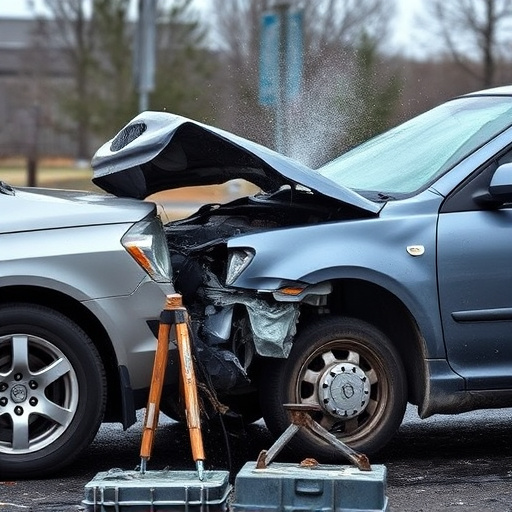
When collision repair insurance claims are denied, understanding the appeal process is crucial. The first step involves thoroughly reviewing the reasons provided by the insurer for the claim denial. Often, denials stem from discrepancies in estimates, perceived lack of damage, or issues with the chosen repair facility. It’s important to note that insurance companies have specific guidelines and criteria for approving claims, so ensuring your documentation aligns with these is essential.
The appeal process requires clear and concise communication. Gather all relevant documents, including photographs, repair estimates from multiple auto body services, and any correspondence with the insurance company. Presenting a strong case can significantly improve your chances of success. Remember that even if the initial claim is denied, persistent communication and providing additional evidence can lead to a positive outcome, ensuring you receive the necessary car paint repair or scratch repair services you’re entitled to.
When a claim is denied by your collision repair insurance, understanding your rights and knowing the common reasons behind these denials can empower you. Navigating the appeal process effectively ensures that you receive the compensation you’re entitled to for legitimate repairs. By being informed about collision repair insurance, you can better protect yourself and ensure a smoother experience in case of an accident.
